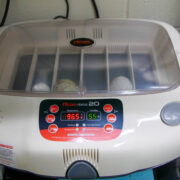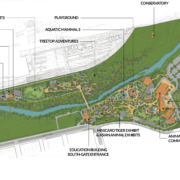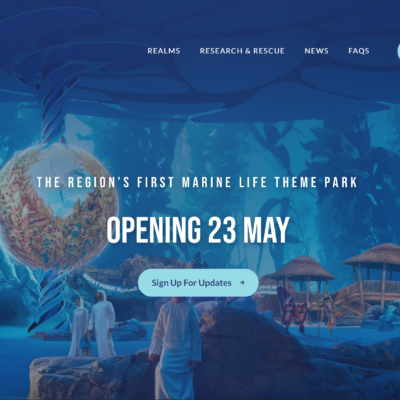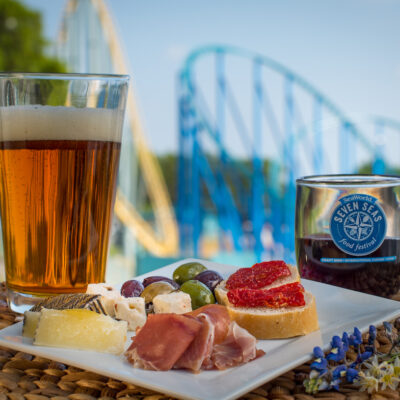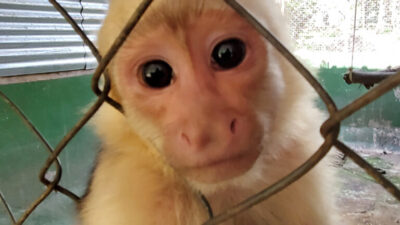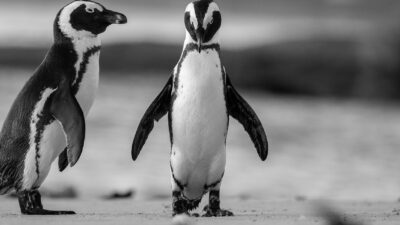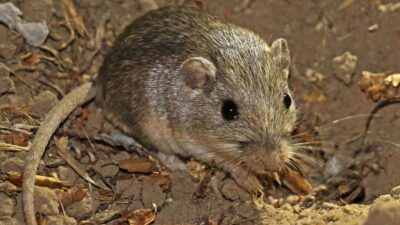The Bermuda Zoological Society (BZS) has launched a successful effort to establish “micro forests” throughout the island, with ten thriving plots now in place. The Micro Forest Project, which began in December 2021, has already planted 1,610 “native-compatible” and endemic plants across the island over the course of 2022.
The goal of the project is to plant 1,500 native-compatible and endemic plants each year for three years. The ten established plots include locations like the North Shore Road, the Dalton E Tucker Primary School, and the Admiralty House. With the support of corporate sponsors like RenaissanceRe, Aeolus, Convex, and HSBC, the BZS is confident that it will be able to reach its goal of planting another ten micro forests over the next year.
So far, the survival rate for the plants in the micro forests has exceeded 90%, with species like the Bermuda Olivewood, Bermuda Cedar, and Bermuda Snowberry taking root. The BZS has also seen a strong turnout from volunteers, who have spent over 1,100 hours removing invasive plants and caring for the new micro forests.
According to the BZS, the micro forest project is a powerful way for people to connect with nature and think more deeply about their role in mitigating the climate crisis. The project hopes to inspire the community to appreciate and care for their island environment, as well as provide a way for people to get involved in a greener future. By planting micro forests on roadsides, at schools, and in backyards, the BZS aims to restore the island’s valuable ecosystems, absorb carbon, and enhance physical resilience from extreme weather events.

